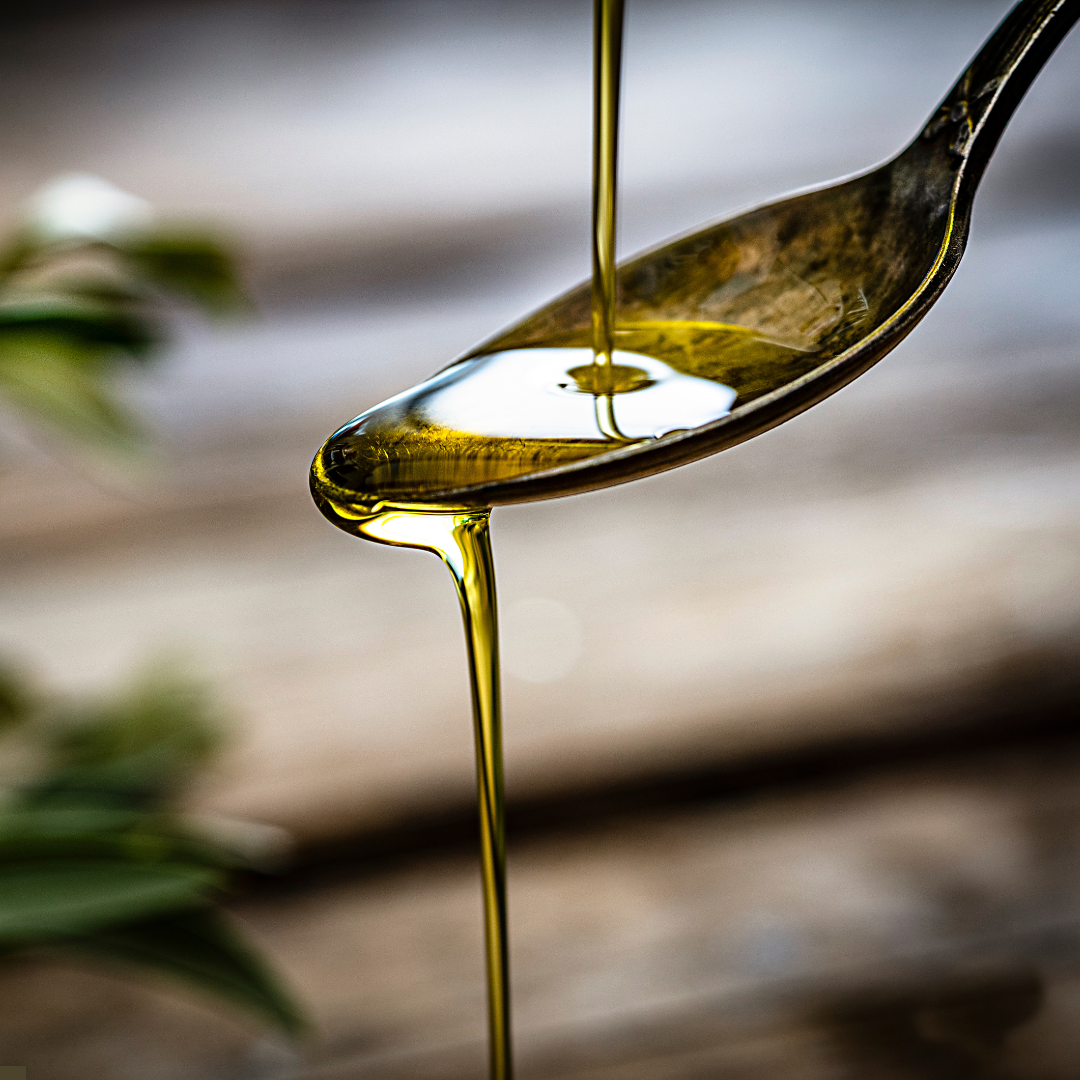
Compare Olive Oil to Avocado Oil: Which is the Healthier Choice for Your Kitchen?
Texana BrandsShare

When it comes to selecting the best oil for your home cooking, two of the most popular are olive oil and avocado oil. Both of these are known for their cooking versatility and healthy fats, but which is the better choice?
In this blog from Texana Brands, we’ll compare olive oil to avocado oil in detail and explore why olive oil is the healthier choice for your kitchen.
Table of Contents:
- A Nutritional Comparison
- Olive Oil and Avocado Oil: Culinary Uses
- Environmental Impact and Sustainability
- Conclusion
A Nutritional Comparison
Familiarizing yourself with the nutritional content of cooking oils is essential if you’re looking to add these ingredients to your everyday cooking. It’s important to know that olive oil and avocado oil are both rich in vital nutrients and healthy fats. However, when you compare olive oil to avocado oil, olive oil has a few more notable advantages.
Olive oil is packed with different antioxidants, including polyphenols, that have been shown to reduce inflammation while protecting the body against oxidative stress. These natural compounds have a vital role in promoting heart health by helping prevent the oxidation of LDL cholesterol, which can lead to plaque buildup in arteries. Olive oil also has higher levels of vitamin K, which can help reduce the risk of blood clots and promote better bone health.
Avocado oil also contains essential nutrients like vitamin E and healthy monounsaturated fats, but it falls short in antioxidants when compared to olive oil. In terms of nutritional and health benefits, olive oil takes the lead, even more so when it comes to properties that help reduce inflammation and protect heart health.
Olive Oil and Avocado Oil: Culinary Uses
When comparing olive oil and avocado oil for culinary use, each has its strengths. Avocado oil is often chosen for high-heat cooking like frying due to its higher smoke point, while olive oil excels in medium to low heat cooking and finishing dishes like salads or breads. Each oil has its place, but olive oil tends to be the go-to option for everyday use.
Olive Oil:
- Sautéing and Low-Heat Cooking: Olive oil, especially extra virgin, shines in medium-heat cooking methods like sautéing. Its flavor enhances dishes without losing its health benefits or overpowering ingredients.
- Drizzling and Finishing: Olive oil's strong, fruity, and peppery flavor is perfect for drizzling on salads, pasta, or bread, adding a burst of taste.
- Salad Dressings: Its bold taste complements vinaigrettes and salad dressings, making it a staple for fresh, leafy greens.
- Baking: Olive oil works well in baked goods like cakes, bread, and muffins, adding moisture and a subtle richness without overpowering the flavors.
- Dipping: A favorite for dipping bread, olive oil’s rich flavor elevates simple dishes.
Avocado Oil:
- High-Heat Cooking: With a higher smoke point, avocado oil is often a popular choice for high-heat frying and roasting.
- Neutral Flavor: Avocado oil's mild flavor works in dishes where you don’t want the oil to overpower other ingredients. However, this can also be seen as a downside when compared to the bold, versatile taste of olive oil.
- Salad Dressings: Avocado oil can also be used in dressings, though its flavor is subtler and less impactful compared to olive oil.
Why Olive Oil is Superior:
- Versatility: Olive oil is more versatile, offering a distinct flavor profile that enhances many dishes, from low-heat cooking to drizzling and baking.
- Flavor: The bold, peppery taste of olive oil adds complexity to dishes, unlike the more neutral avocado oil, which lacks the same depth.
- Affordability: Olive oil is often more affordable and accessible than avocado oil, making it a more practical choice for everyday cooking.
Environmental Impact and Sustainability
Environmental impact and sustainability are two factors that are growing important factors for consumers. Olive oil production began in the Mediterranean, but has spread throughout the world. In fact, some of the purest olive oil derived by sustainable farming and production practices are right here in the U.S.! Olive oil production is naturally more sustainable than production for other cooking oils.
Here’s why:
- Little to Know Chemical Inputs: Olive farming often requires fewer to no pesticides and fertilizers compared to crops like soybean or palm oil, reducing the environmental impact of chemical use.
- Long Lifespan of Olive Trees: Olive trees can live and produce fruit for hundreds of years, making them a long-term, low-input crop. This reduces the need for replanting and minimizes soil disruption, which is common in annual crops.
- Carbon Sequestration: Olive trees are known to absorb CO2 and contribute positively to carbon sequestration, helping reduce overall greenhouse gas emissions from agriculture.
- Reduced Soil Erosion: The root system of olive trees helps prevent soil erosion, a problem often associated with crops like soybean and palm oil which can lead to significant land degradation.
- Byproducts Usage: Olive oil production generates byproducts, like olive pomace, which can be repurposed into energy or fertilizer. Other significant byproducts of olive oil production is Oleocanthal, a powerful polyphenol found only in extra virgin olive oil that has many notable anti-inflammatory and health benefits.
Conclusion
While olive oil and avocado oil have their benefits, olive oil shines as the superior option for most kitchens. Its rich antioxidant content, heart and gut health benefits, and versatility in cooking make it a staple in any healthy diet. Whatever your cooking needs, olive oil’s bold flavor and proven health benefits make it the go-to choice.
Click here to shop Texana Brands' signature olive oil products!
You can also learn where to buy Texana Brand olive oil products here!
